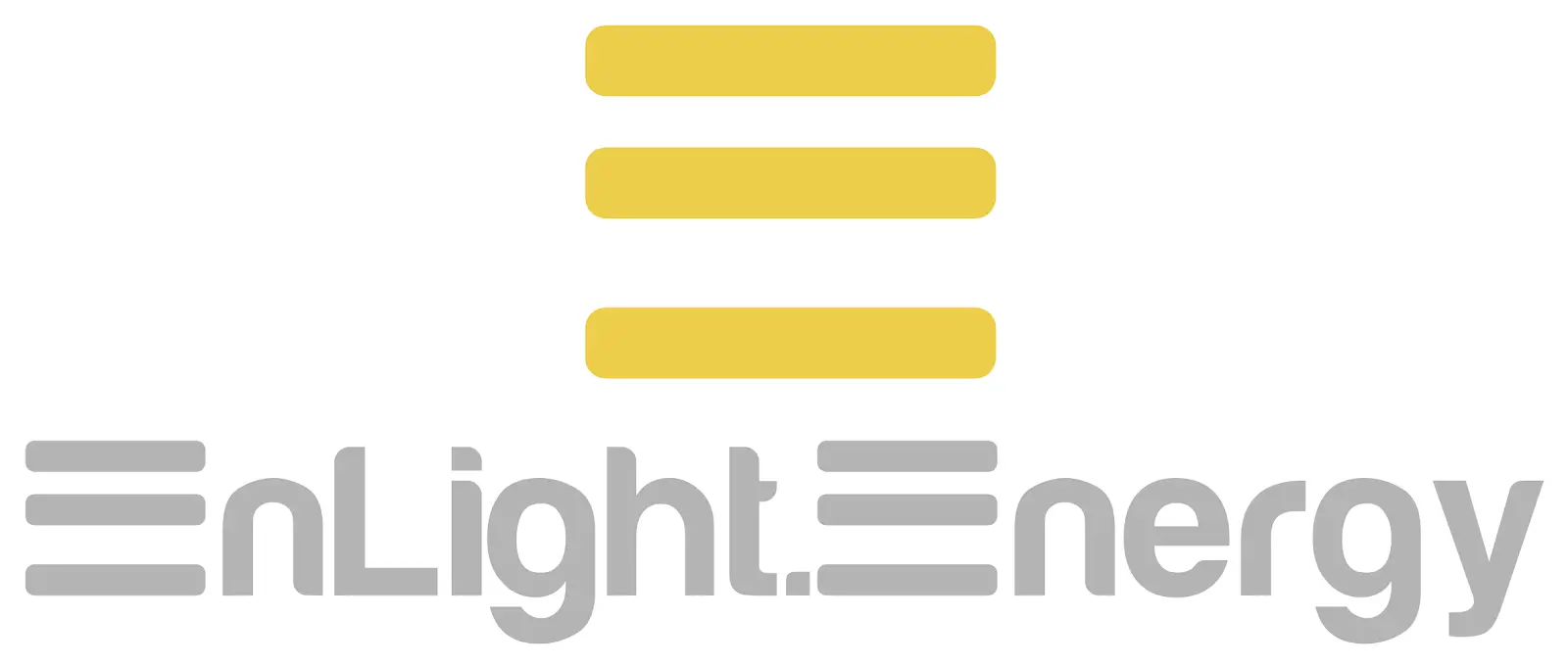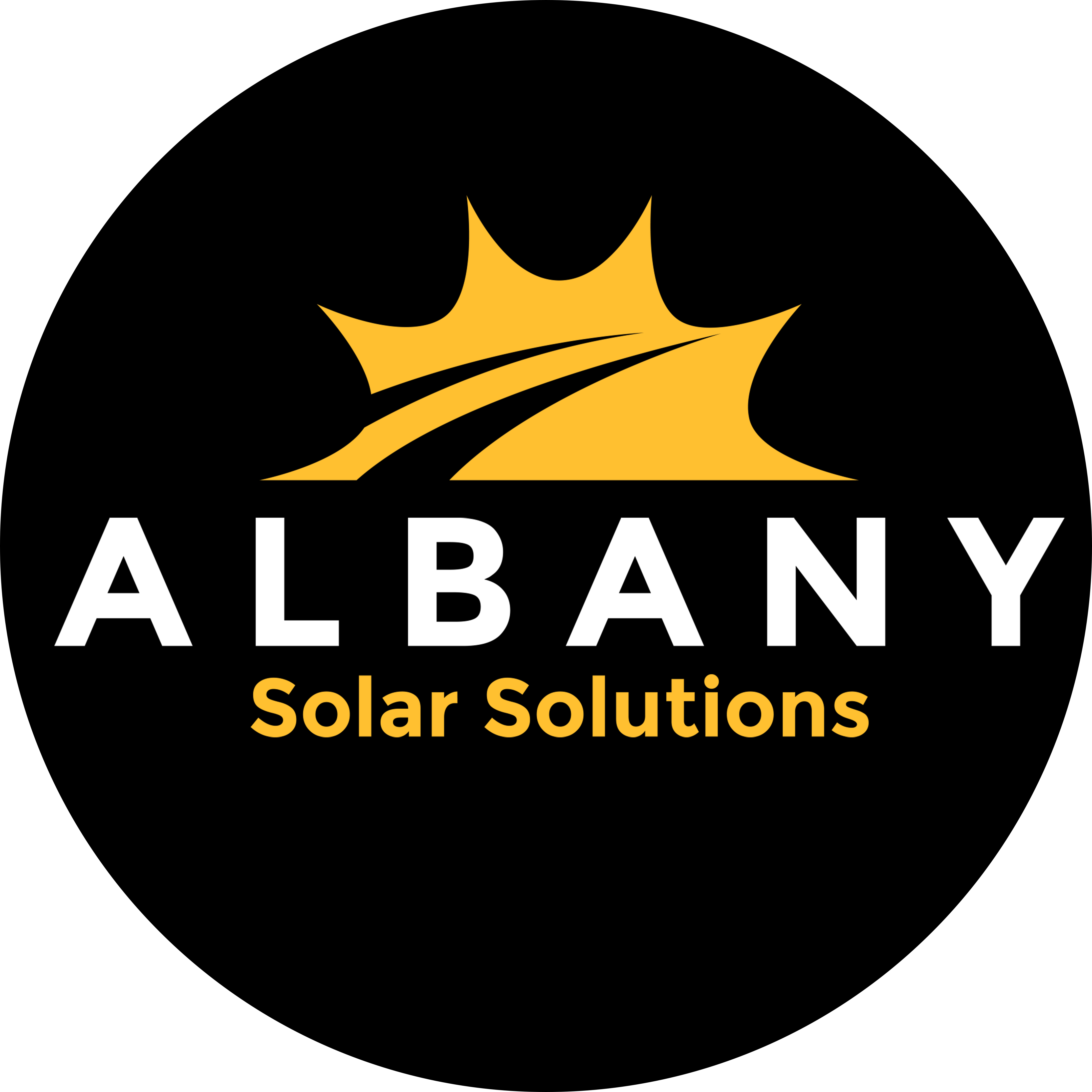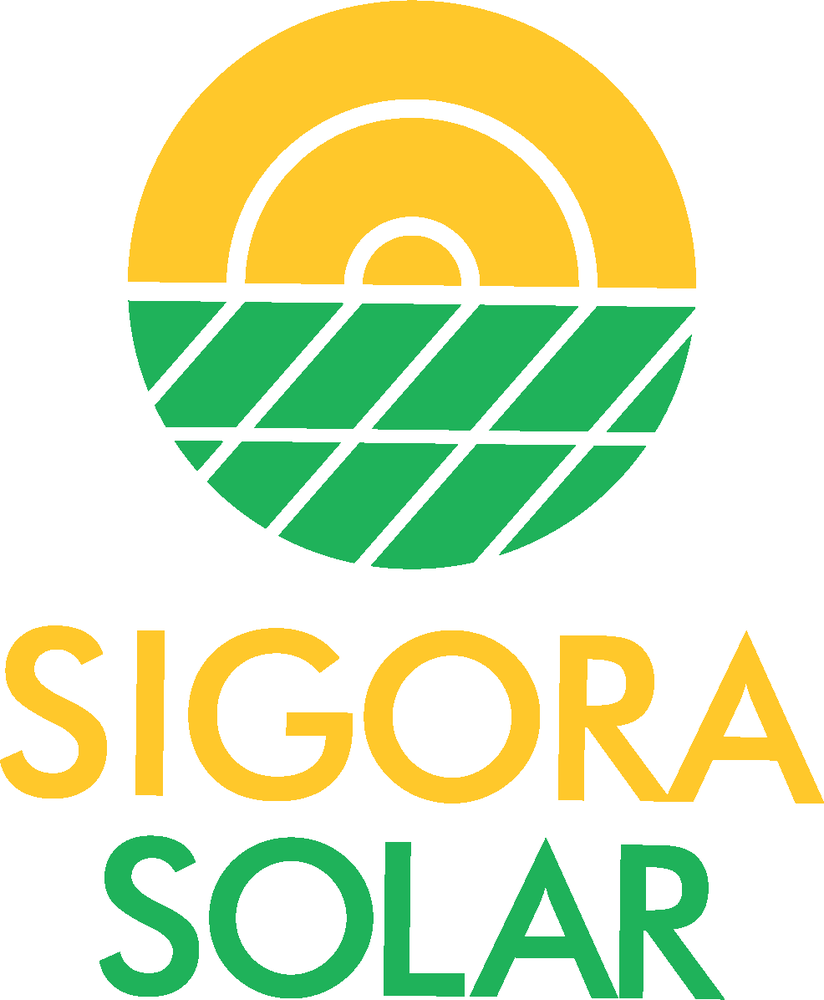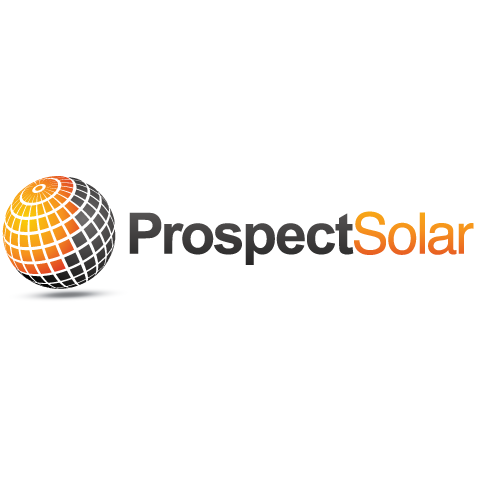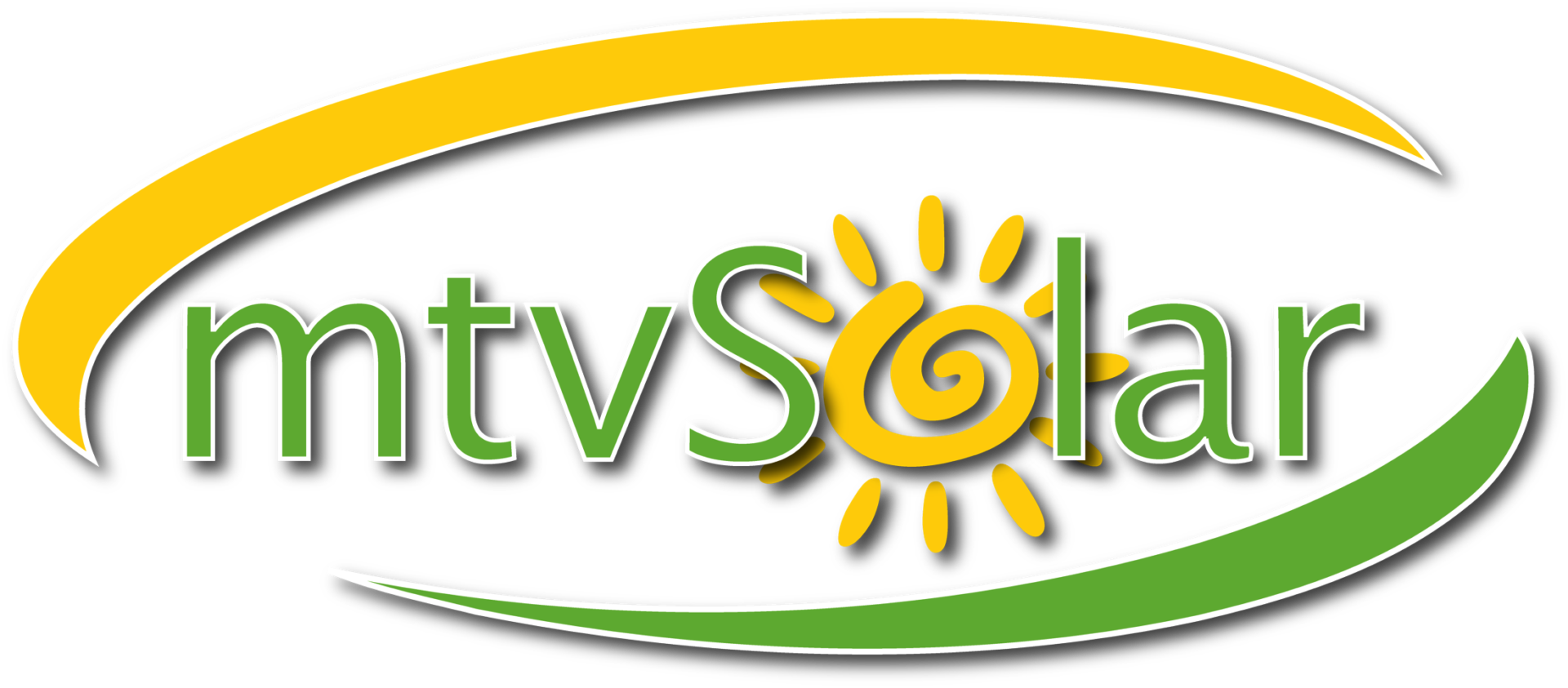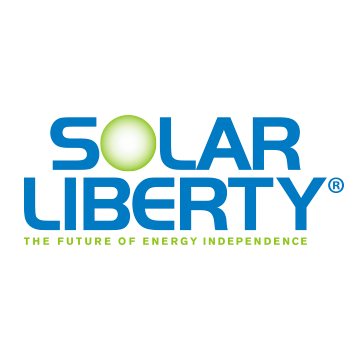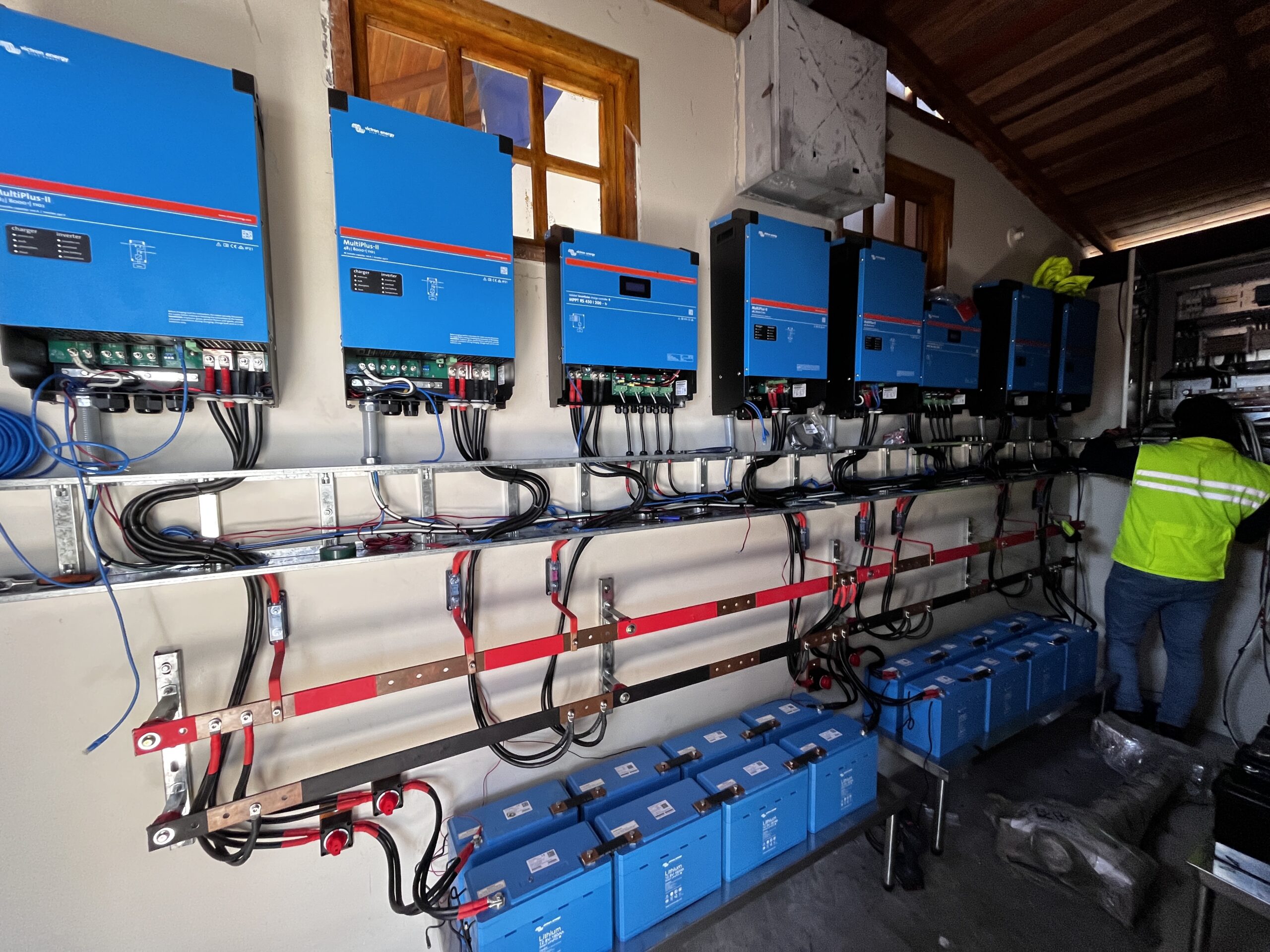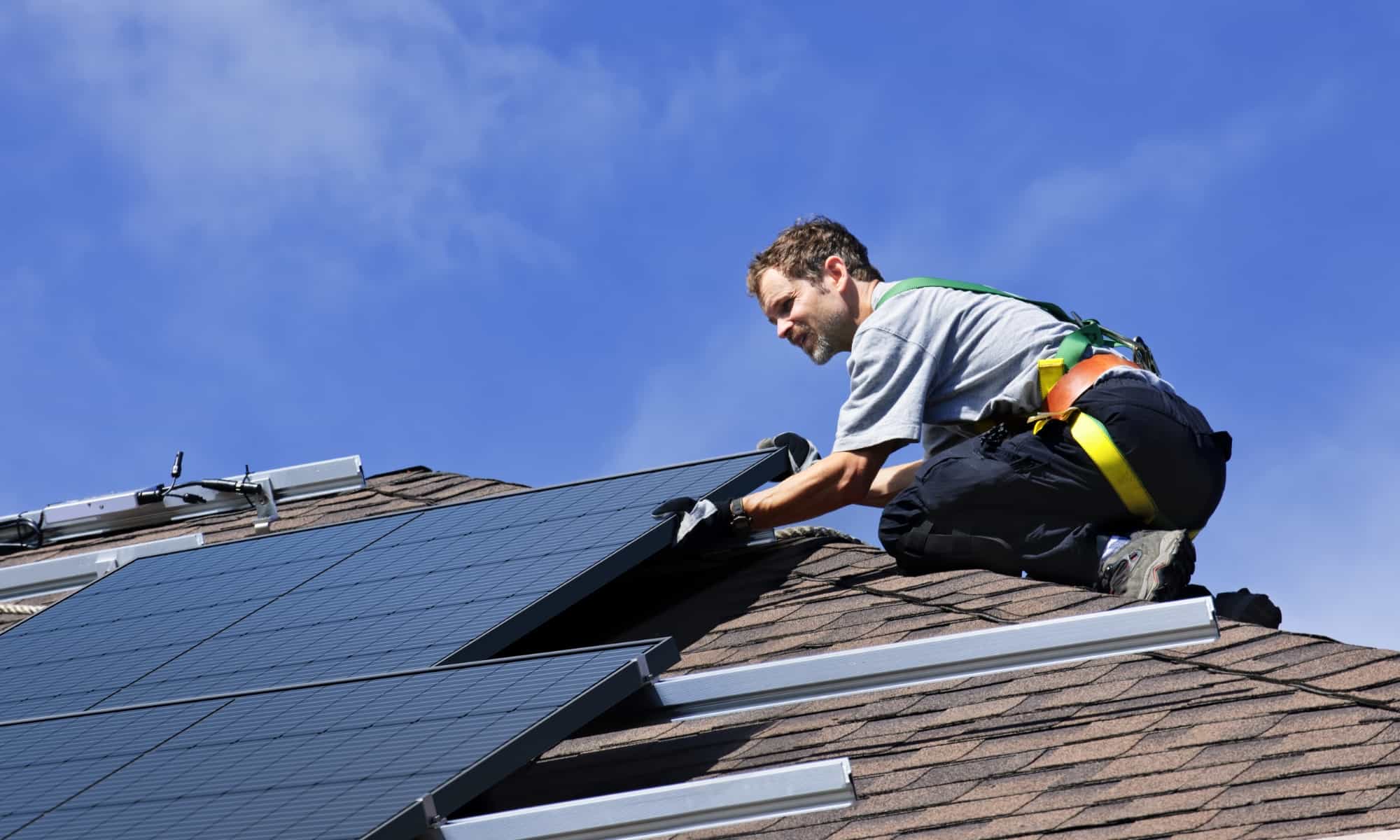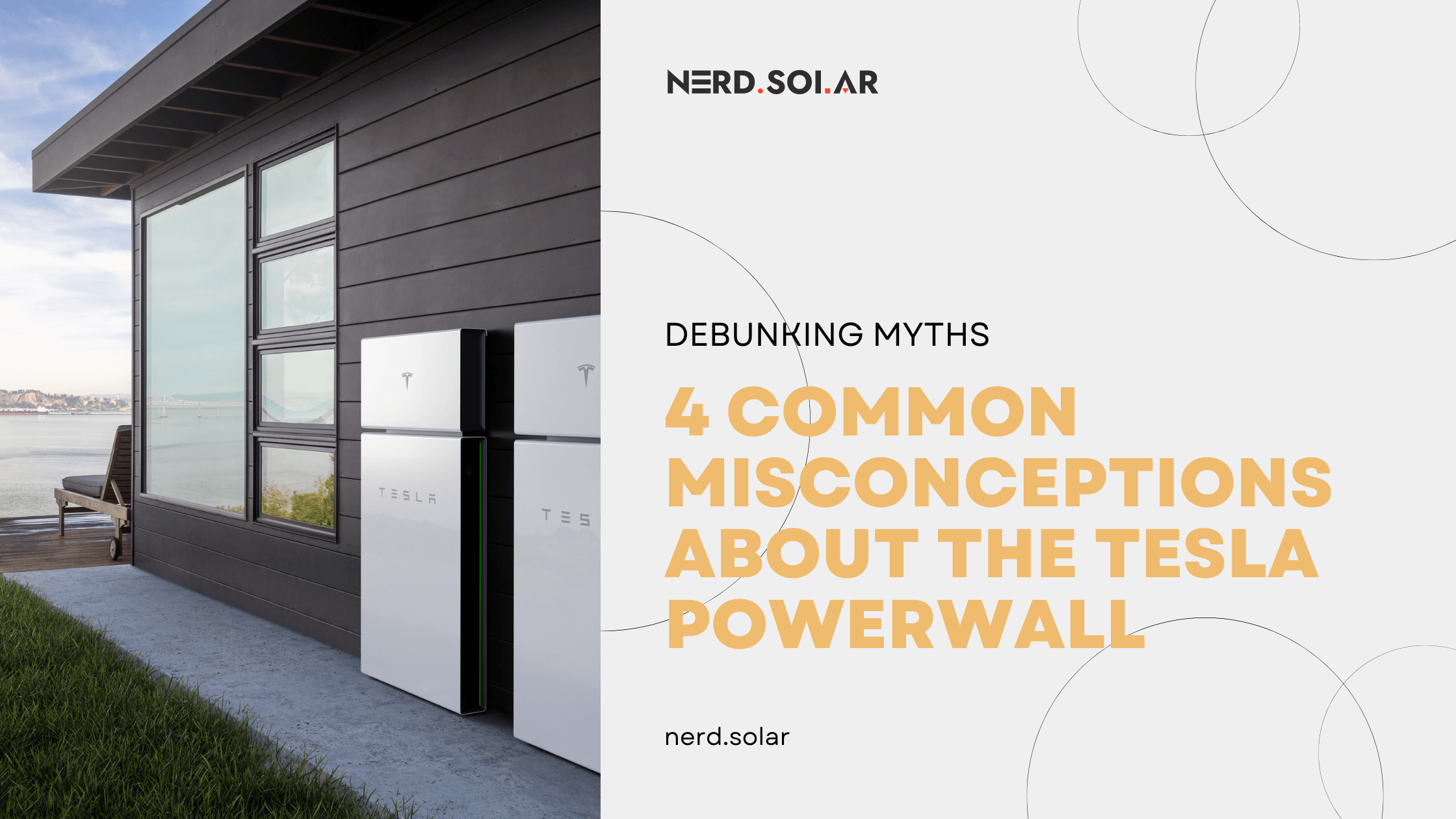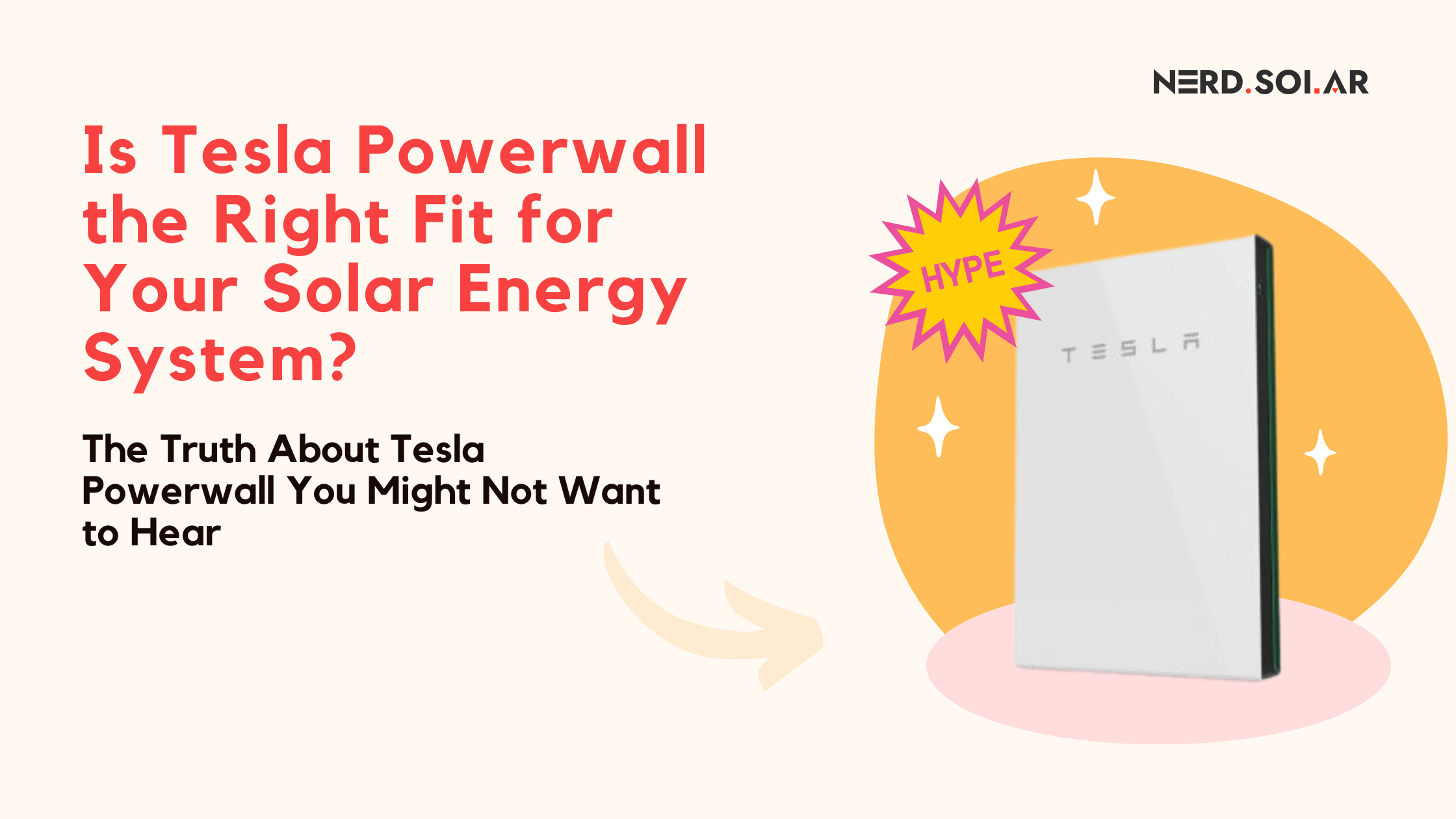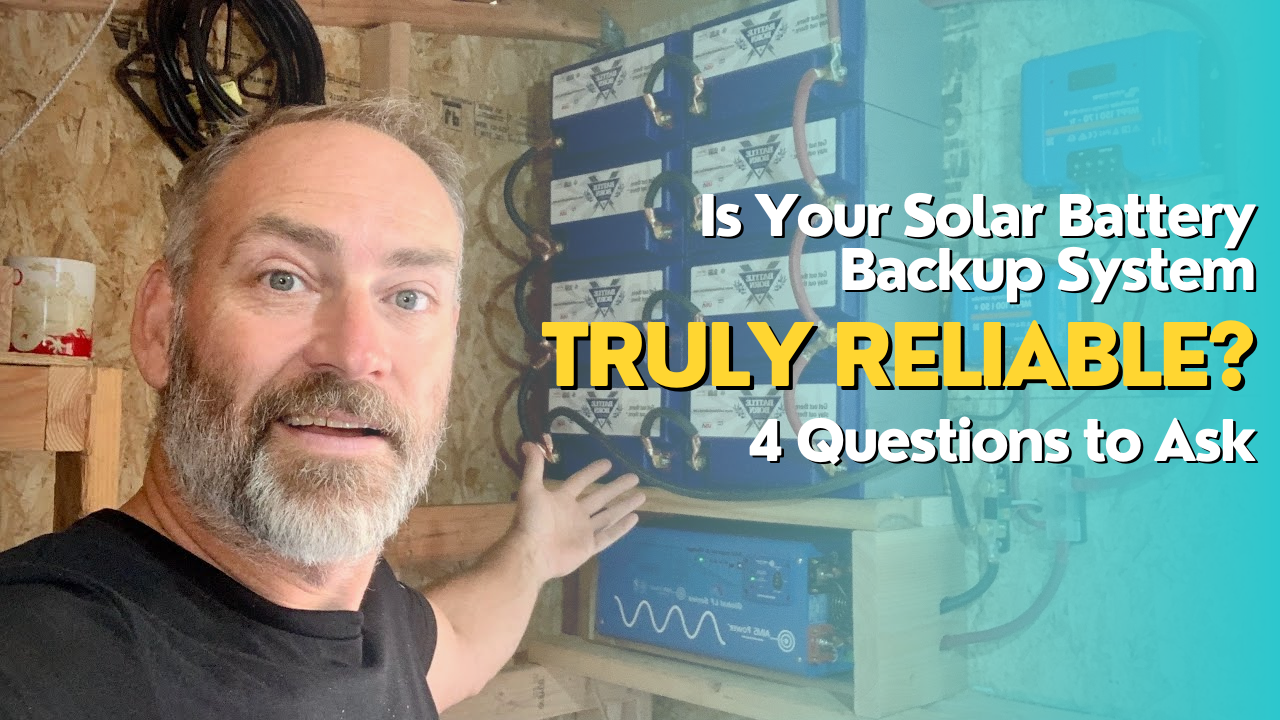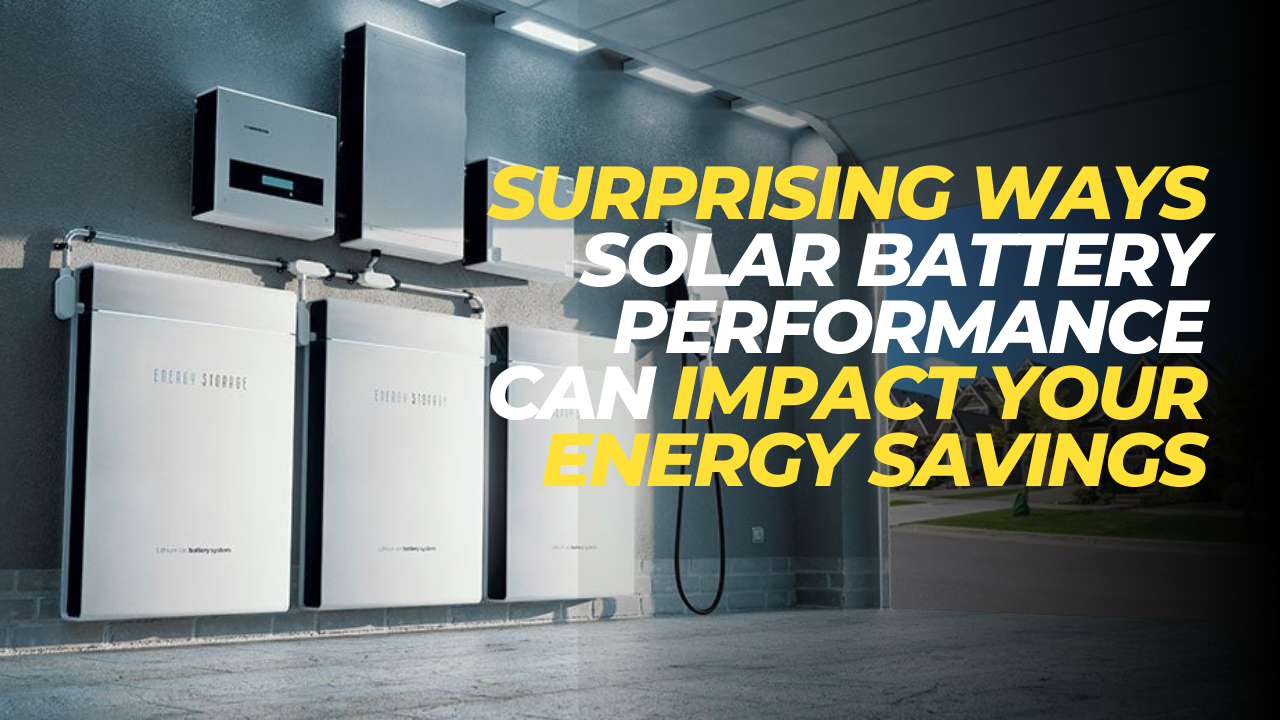How Do We Rate Solar Companies?
TL;DR: We rate solar installers from 1 to 5 stars to help you pick the best one. High stars mean they’re really good at what they do and treat their customers right. Low stars? Not so much. We give credit to companies that have been around for a while, know what they are doing, have a high standard of workmanship and equipment, don’t hire subcontractors to keep the bar of solar installation quality high and have good local reviews from real customers (yes, we check if the reviews are actually real or fake). Companies we choose as top-rated know and can help with federal and local solar incentives to help you save, have good financing plans, and guarantee their work. We’re here to point you to the solar companies that truly rock, making going solar easy and worthwhile for you.
Check our detailed review process here.
Is It Worth Going Solar in Indiana?
Switching to solar energy in Indiana offers numerous benefits, both financial and environmental. Despite some challenges, such as fewer sunny days and the recent changes in net metering policies, the advantages often outweigh the drawbacks.
Financial Benefits
- Energy Savings: Solar panels can significantly reduce or even eliminate your electricity bills. The average Indiana homeowner can save approximately $25,365 over the lifespan of their solar panel system. This is due to the high energy usage in the state, which makes the payback period for solar installations relatively short.
- Federal Tax Credit: The federal Residential Clean Energy Credit reduces the cost of solar installations by 30%. This incentive applies to the entire system, including equipment, labor, and permitting costs.
- Reduced Payback Period: The average payback period for solar panels in Indiana is about 13 years, which is in line with the national average. After this period, homeowners can enjoy free electricity for the remaining lifespan of their solar panels, which can be 25 years or more.
- Increased Home Value: Installing solar panels can increase the market value of your home. Homes with solar energy systems often sell faster and at a premium compared to those without.
- Energy Independence: Solar energy reduces dependence on utility companies, providing a hedge against rising electricity prices. This can be particularly valuable in a state like Indiana, where energy prices have increased significantly over the past decade.
Environmental Benefits
- Reduction in Carbon Footprint: Solar energy is a clean and renewable source of power that reduces greenhouse gas emissions. By switching to solar, homeowners can significantly lower their carbon footprint, contributing to a healthier environment.
- Local Environmental Impact: Solar installations do not produce toxic pollutants or heat-trapping gases. Additionally, they can be paired with pollinator-friendly habitats to improve soil and water quality, benefiting local agriculture and ecosystems.
Challenges and Considerations
- Initial Costs: The upfront cost of installing solar panels can be high. However, various financing options, federal tax credits, and potential state incentives can mitigate this expense.
- Net Metering Changes: Indiana’s net metering policy has been replaced with the Excess Distributed Generation (EDG) policy, which offers lower compensation for excess energy sent back to the grid. This makes it important for homeowners to consider energy storage solutions like solar batteries to maximize their savings.
- Sunlight Availability: Indiana receives fewer sunny days compared to the national average, which can affect the efficiency of solar panels. However, with proper planning and installation, solar energy can still be a viable and beneficial investment.
How much does solar save homeowners in Indiana?
Indiana residents pay an average of $186 per month for electricity, which totals about $2,232 annually. This rate is slightly higher than the national average and is calculated based on an average consumption of 1,181 kWh per month at a rate of 16¢ per kWh.
Solar Panel Installation Costs
The cost of installing a solar panel system in Indiana varies based on the system size. For a typical 5 kW system, the average cost is approximately $16,881 before any incentives. Larger systems, such as a 10.4 kW system needed to offset 100% of the average household’s electricity usage, can cost around $36,000 before incentives.
Energy Savings: By installing a solar panel system, homeowners can significantly reduce or even eliminate their electricity bills. For example, a 10.4 kW system can offset 100% of an average household’s annual electricity consumption, leading to substantial savings. Assuming a 3.1% annual increase in electricity prices, the savings can be as follows:
- First Year: $2,200
- Five Years: $11,900
- Ten Years: $25,700
- Twenty Years: $60,600
Increased Home Value: Homes with solar installations often see an increase in property value, making it a financially sound investment.
What is the average cost of going solar in Indiana?
The cost of installing solar panels in Indiana varies depending on the system size. Below is a detailed table showing the average cost per watt and the average system cost after applying the 30% federal tax credit for different system sizes:
| System Size (kW) | Avg Cost per Watt | Avg System Cost (After 30% Tax Credit) |
|---|---|---|
| 4 kW | $2.52 | $7,055 |
| 5 kW | $2.42 | $8,467 |
| 6 kW | $2.31 | $9,704 |
| 7 kW | $2.29 | $11,198 |
| 8 kW | $2.30 | $12,908 |
| 9 kW | $2.24 | $14,135 |
| 10 kW | $2.22 | $15,529 |
- Average Cost per Watt: The average cost per watt for solar panel installations in Indiana is approximately $2.33.
- Average System Cost: The average cost of a solar system in Indiana, after applying the 30% federal tax credit, is around $11,285.14.
For a typical 6 kW system:
- Cost Before Tax Credit: $13,863
- Cost After 30% Tax Credit: $9,704
Net Metering Policies
Indiana’s net metering policy has been replaced by the Excess Distributed Generation (EDG) policy. Under the EDG policy, excess energy that is sent back to the grid is compensated at a lower rate than the retail rate. This change in policy can affect the overall savings potential for homeowners, making it beneficial to consider energy storage solutions like solar batteries to maximize savings.
Indiana Solar Incentives and Rebate Programs
Indiana offers several incentives and rebate programs to encourage homeowners to install solar panels. These incentives can significantly reduce the upfront costs and improve the financial viability of solar energy systems. Below is a detailed overview of the available federal, state, and local incentives.
Federal Solar Incentives
Federal Investment Tax Credit (ITC)
The ITC, also known as the Residential Clean Energy Credit, allows homeowners to claim 30% of the total cost of their solar energy system as a tax credit. Available to all homeowners who install solar systems before the end of 2032. For example, if a solar energy system costs $20,000, the federal tax credit would be $6,000, reducing the net cost to $14,000.
Statewide Solar Programs
Property Tax Exemption
Indiana offers a Renewable Energy Property Tax Exemption, which exempts homeowners from paying property taxes on the added value that solar panels bring to their home.
If a solar installation increases a home’s value by $20,000, homeowners will not pay property taxes on that additional value.
Sales and Use Tax Exemption
- Solar panels, inverters, and racking equipment are exempt from Indiana’s 7% sales tax.
- Eligibility: This exemption applies to the purchase of eligible solar equipment.
- Impact: This can save homeowners a significant amount on the initial purchase of their solar system.
Local Incentives
Net Metering and Excess Distributed Generation (EDG) Policy
- Indiana has transitioned from traditional net metering to the EDG policy. Under EDG, excess energy sent back to the grid is compensated at a lower rate than the retail rate.
- Impact: Homeowners can still earn credits for surplus energy, but the compensation is less favorable than under net metering. This makes energy storage solutions like solar batteries more attractive to maximize savings.
NIPSCO Feed-in Tariff Program
- Northern Indiana Public Service Company (NIPSCO) offers a program where homeowners can sell excess electricity back to the grid at a rate of $0.15 per kWh.
- Eligibility: Available to NIPSCO customers with solar systems up to 10 kW in size.
- Impact: This program provides a higher rate for excess electricity compared to the standard EDG policy, enhancing the financial benefits of solar installations.
Community and Additional Programs
Indiana Solar for All Program
- A community solar initiative aimed at increasing access to solar energy for low-income households. Participants can subscribe to a shared community solar project and receive credits on their electricity bills.
- Impact: This program helps reduce energy costs and promotes renewable energy equity.
Community Conservation Challenge Program
- Administered by the Indiana Office of Energy Development, this program offers grants of up to $80,000 for community energy conservation projects, including solar installations.
- Eligibility: Commercial buildings can apply for these grants.
- Impact: Encourages larger-scale solar projects and community involvement in renewable energy.
